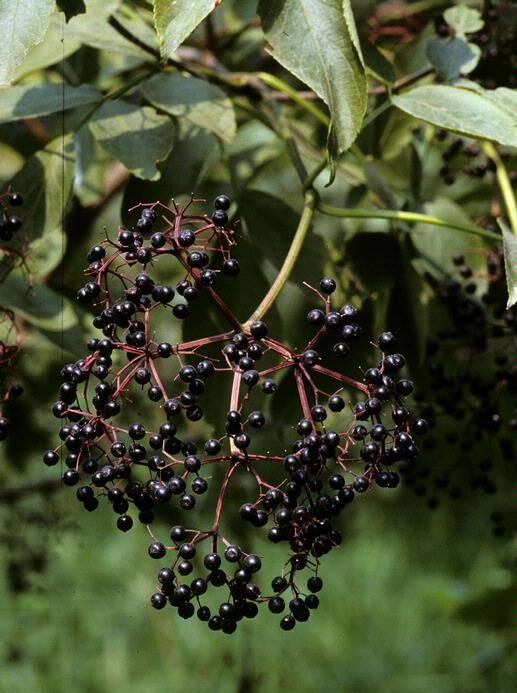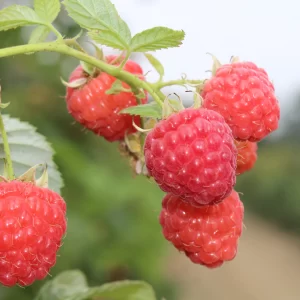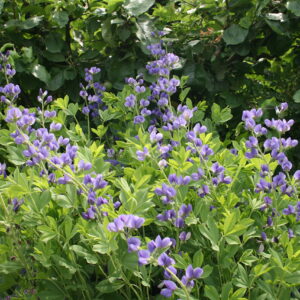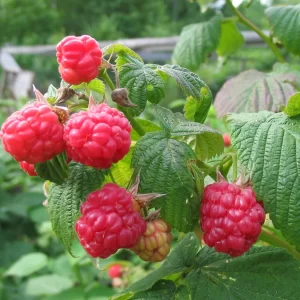
American Elderberry (Sambucus canadensis)
5 for $25
A native thicket-forming shrub. Mature size 12’ high, 6’ wide with arching branches. Elderberry flowers in June to July. Bees, wasps, and beetles are strongly attracted to the flowers. Fruits ripen in August to September and are eaten by many species of birds and mammals. Elderberries, though inedible when fresh and raw, are used for making jelly, preserves, pies, and wine. 12-18″ bare root seedling.
Also known as Common Elderberry, Black Elderberry, Mexican Elderberry, American Elder, Black Elder, Common Elder, Elderberry, Tapiro, Sauco. Sambucus nigra or sambucus canadensis. Does not tolerate drought. Native to Massachusetts
Native Habitat: moist, edge habitat, in full or light shade. Lake and pond shores, low areas along road ways, in low forest and old fields. Photo Credit: John Cardina, The Ohio State University, Bugwood.org
In stock
